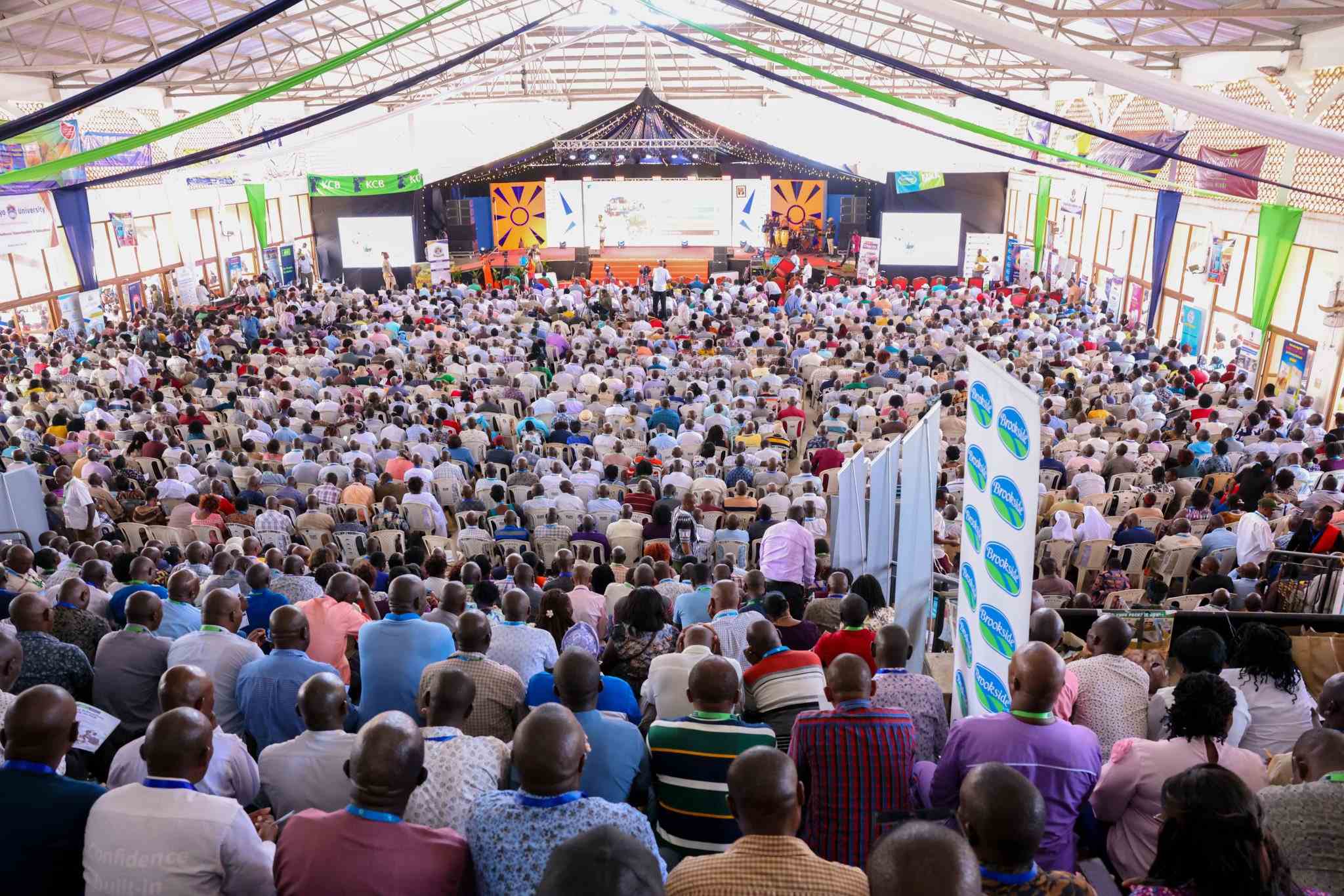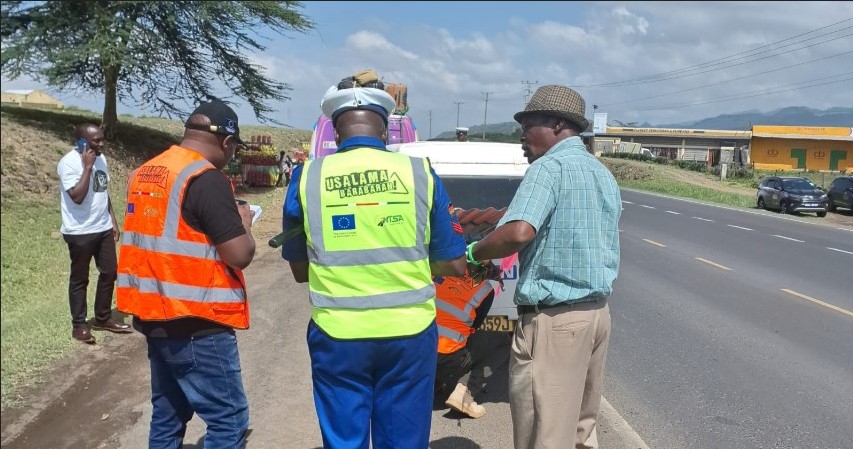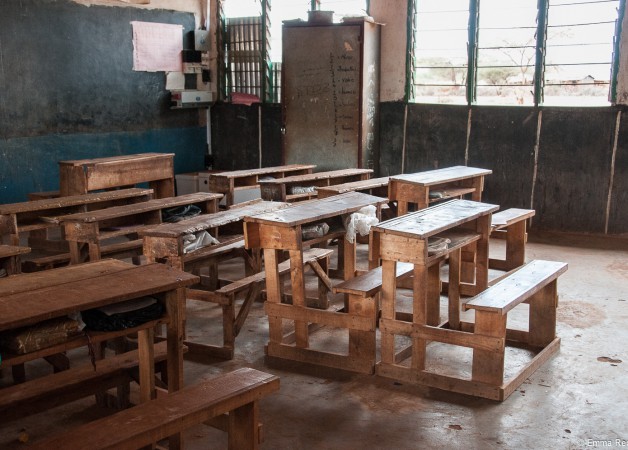Primary school heads warn of infrastructure gaps threatening smooth transition to senior school

Delegates representing more than 23,000 primary schools across the country cited the shortage of laboratories, workshops and ICT resources as major obstacles to effective implementation of the new curriculum.
Primary school heads have raised concerns over gaps in laboratories, workshops and ICT facilities, warning that inadequate infrastructure is threatening the smooth transition to Senior School under the Competency-Based Education (CBE) system.
The over 15,000 tutors meeting in Mombasa insist that addressing these gaps is crucial as the country enters the next phase of education reform, preparing students for Senior School under the new system.
More To Read
- Over 30,000 teachers set for senior school curriculum training ahead of 2026 transition
- KNEC gives Kenyans until 2027 to resit KCSE exams before end of 8-4-4 system
- Education Ministry expands senior school curriculum, makes Mathematics compulsory subject
- Senior school teachers to undergo mandatory CBC training from July 28
- Over 3,000 public schools face merger over low enrolment
- More than 50 per cent of secondary schools not selected by Grade 10 learners, PS Bitok reveals
They have urged the government to move swiftly to close the widening infrastructure and staffing gaps to ensure the success of the CBE transition.
The three-day national conference, which runs from November 10 to 13, also marked the rebranding of the Kenya Primary School Heads Association (KEPSHA) to the Kenya Comprehensive Schools Heads Association (KECSHA), in line with the recommendations of the 2023 Presidential Working Party on Education Reforms.
Delegates representing more than 23,000 primary schools across the country cited the shortage of laboratories, workshops and ICT resources, particularly in remote areas and schools catering for learners with special needs, as major obstacles to effective implementation of the new curriculum.
KECSHA Chairman Fuad Ali said limited funding predictability, uneven teacher deployment and gaps in retooling teachers in specialised areas continue to hinder progress. He also called for stronger parental engagement in learner profiling and pathway selection.
“We are grappling with serious infrastructure and staffing gaps, especially in marginalised regions. These challenges demand urgent government intervention and collaboration among all stakeholders to ensure no child or school is left behind,” Faud said during the opening session at Sheikh Zayed Hall, Mombasa.
The conference, themed “CBE Transition: Celebrating Achievements, Strengthening Leadership and Shaping the Future of Learning,” is being viewed as a significant milestone in Kenya’s education reform journey.
“Having successfully navigated the first phase of CBE, from Pre-Primary I to Grade 9, we are now entering the transformation phase that prepares for the rollout of Senior School,” Faud said, adding that “this stage demands shared responsibility, coherence and inclusivity among policymakers, educators, parents and partners.”
The headteachers are deliberating on four key sub-themes, including: celebrating achievements in the CBE transition; building bridges for systemic change and policy alignment, strengthening school leadership for Senior School and shaping future learning through digital, inclusive, and climate-smart education.
Basic Education Principal Secretary Julius Bitok is expected to officially open the conference on Monday, November 10, 2025, while Teachers Service Commission Acting Chief Executive Officer Evaleen Mitei will lead discussions on adaptive leadership and teacher professionalism. Education Cabinet Secretary Julius Ogamba is scheduled to close the event on November 13.
The meeting has also attracted international exhibitors from Germany, Brazil and the United States, showcasing innovations in ICT, foundational numeracy and global best practices in digital learning.
Top Stories Today












































